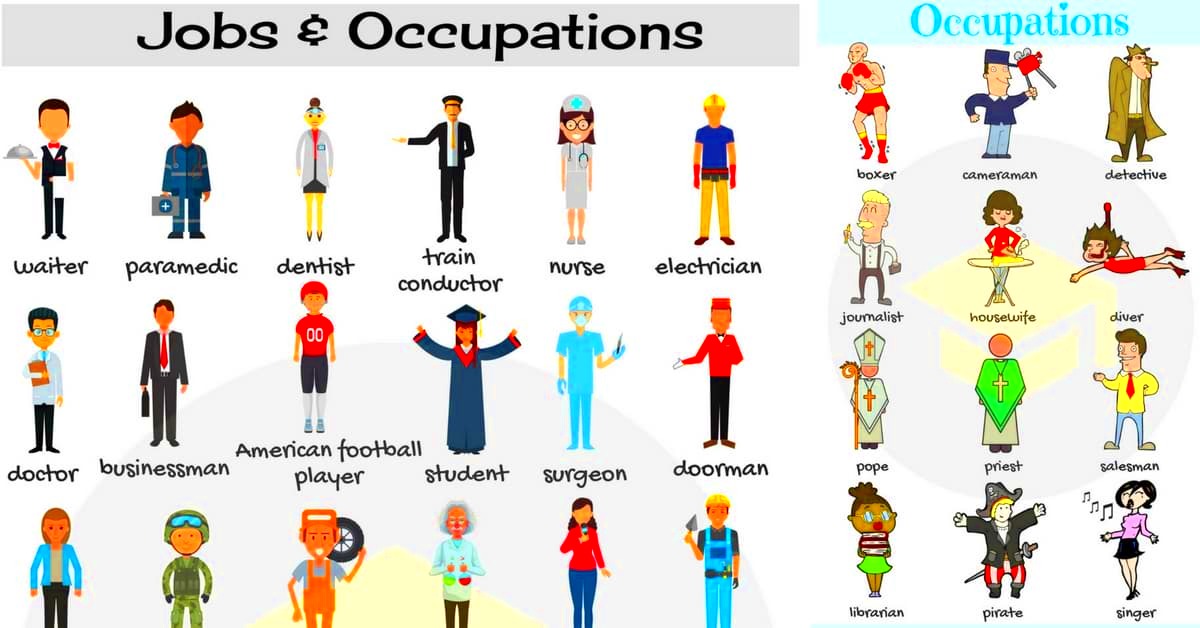It is essential to understand why the translating process should qualify for any different job. Image processing careers in jobs are vital due to the fact that they have advanced with technology. Manipulating
images, analyzing
images using specialized software and algorithms is what these tasks entail.As such, it is important for industries to have qualified individuals who can enhance the quality of strong pictures and make them more accessible. An image processing career may conjoin technology and creativity if one has a passion for these two aspects of life.
Understanding the Role of Image Processing in Various Industries

Image processing is an important aspect of many fields of profession. Some of the top sectors where these skills are in great demand include:
- Healthcare: Medical imaging techniques, like MRI and CT scans, rely heavily on image processing to provide clearer visuals for diagnosis.
- Entertainment: The film and gaming industries use image processing to create stunning visual effects and realistic environments.
- Automotive: Self-driving cars utilize image processing to understand their surroundings, ensuring safety and efficiency.
- Security: Surveillance systems depend on image processing to detect and analyze movements, enhancing safety.
- Manufacturing: Quality control processes use image processing to inspect products and identify defects.
Every one of these sectors provides distinctive chances for image processing specialists, underscoring how essential this ability is.
Key Skills Needed for Image Processing Positions
Certain skills are necessary for success in the image processing field. Below is a list of the skills that companies usually seek.
| Skill | Description |
|---|
| Programming Languages | Proficiency in languages such as Python, C++, and MATLAB is crucial for developing algorithms. |
| Mathematics | A strong understanding of linear algebra, calculus, and statistics helps in image analysis. |
| Software Tools | Familiarity with software like OpenCV, TensorFlow, and Adobe Photoshop can give candidates an edge. |
| Attention to Detail | Being detail-oriented is key in analyzing and improving image quality. |
| Problem Solving | The ability to troubleshoot and find solutions is vital in this fast-evolving field. |
As a result of the skills they have acquired, potential image processing practitioners can enhance their opportunities to obtain lucrative jobs in this thrilling field.
Top Companies Hiring for Image Processing Jobs
There are many different employers, but some are better than others when doing image processing jobs. Various companies also tend to distinguish themselves by their creative agendas and interest in professional recruitment. Here are examples of such companies:
- Google: Known for its advanced image recognition technology, Google is always on the lookout for image processing experts to enhance its products.
- Apple: Apple employs image processing specialists to improve the functionality of its devices, especially in camera technology.
- Amazon: With its focus on cloud services and retail, Amazon hires professionals to analyze product images for better customer experiences.
- NVIDIA: As a leader in graphics processing, NVIDIA needs image processing talent to develop cutting-edge technologies in AI and deep learning.
- Siemens: This company utilizes image processing in healthcare and manufacturing, making it a great place for professionals in these sectors.
Not just do these firms pay well, they are also active in supporting your career advancement and encouraging progress in image manipulation technology.
Popular Job Titles in Image Processing
In picture processing industry, a lot of job titles can be encountered in various companies. Below is a compilation of some common roles:
| Job Title | Description |
|---|
| Image Processing Engineer | Focuses on developing algorithms and software for processing images. |
| Computer Vision Scientist | Works on advanced image analysis techniques, often using machine learning. |
| Data Scientist (Image Analytics) | Analyzes image data to derive insights and inform business decisions. |
| Machine Learning Engineer | Designs models that utilize image processing for various applications. |
| Software Developer (Image Processing) | Creates software tools and applications that incorporate image processing functionalities. |
Skills and interests in the area of image processing are served by these different roles which have unique areas of concentration and duties.
Salary Expectations for Image Processing Jobs in the USA
When a career in image processing is being considered, salary may be one of the most important determinants. Depending on the specific job types, experiences and geographical areas, it can vary greatly. For instance, these are some sample salaries:
- Entry-Level Positions: Typically, entry-level roles start around $60,000 to $80,000 per year.
- Mid-Level Positions: With a few years of experience, salaries often range from $80,000 to $110,000 annually.
- Senior Positions: Senior engineers or specialists can earn between $110,000 and $150,000 or more, depending on their expertise and the company.
More so, salaries could be influenced by factors such as location. As an instance, job openings in areas such as Silicon Valley that are associated with technology tend to pay better. On the whole, there are many options in a career in image processing, alongside the financial advantages that come with it.
How to Prepare for an Image Processing Job Interview
Whether you’re excited or scared, preparing for an interview in image processing is a big deal. You will need to take the right steps if you want to increase your chances of success. Here are some tips to help you get ready for the big day:
- Review the Job Description: Carefully read the job listing to understand the required skills and responsibilities. Tailor your preparation based on what the employer is looking for.
- Brush Up on Technical Skills: Be prepared to demonstrate your knowledge of programming languages, algorithms, and image processing software. Practice coding challenges related to image manipulation.
- Prepare Your Portfolio: Showcase your previous work in image processing. Include projects that highlight your skills and creativity, and be ready to discuss your thought process.
- Understand the Company: Research the company’s products, culture, and recent developments. Knowing about their work will help you tailor your answers and show genuine interest.
- Practice Common Interview Questions: Prepare for questions about your experience, problem-solving abilities, and teamwork. Consider using the STAR method (Situation, Task, Action, Result) to structure your responses.
These suggestions will help you feel more self-assured and prepared to wow during your interview.
Frequently Asked Questions
Candidates frequently ask these common questions regarding image processing positions:
| Question | Answer |
|---|
| What education is required for an image processing job? | Most positions require at least a bachelor’s degree in computer science, engineering, or a related field. Advanced roles may require a master’s degree. |
| Do I need experience in machine learning? | While not always necessary, familiarity with machine learning can be a significant advantage in image processing roles. |
| What industries hire image processing professionals? | Industries like healthcare, automotive, entertainment, and security frequently seek image processing experts. |
| Is remote work common in this field? | Yes, many companies offer remote or hybrid work options for image processing roles, especially in tech. |
Conclusion on Image Processing Job Opportunities
At an accelerated pace, the image processing domain is evolving with a myriad of possibilities for tech-savvy and creative individuals. Major industries are on the lookout for talented individuals, hence an upsurge in demand for professionals who can do image processing.This piece discusses how one can secure a good future in this field which is full of excitement by mastering requisite skills, getting ready for interviews and knowing what jobs are available.You will be trained on information up till October 2023. Whether you’re beginning anew or seeking space to maneuver in your job, processing of
images is something that will welcome you. Therefore, continue acquiring knowledge, maintain a curious mind and chase the love of your life without any fear within this ever changing profession!
 Image processing is an important aspect of many fields of profession. Some of the top sectors where these skills are in great demand include:
Image processing is an important aspect of many fields of profession. Some of the top sectors where these skills are in great demand include:
 admin
admin








